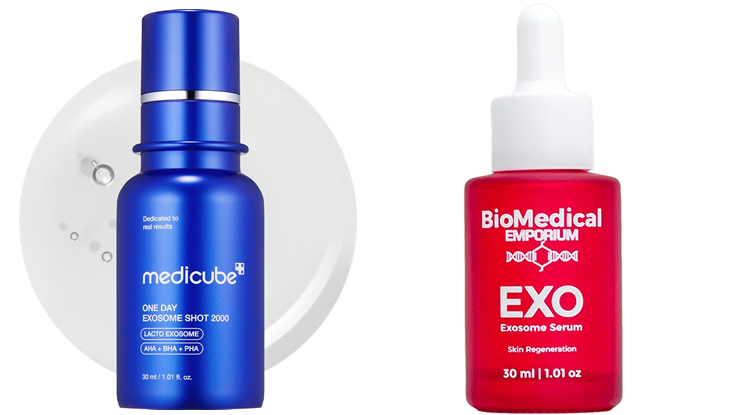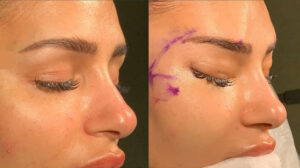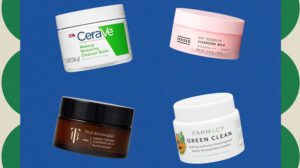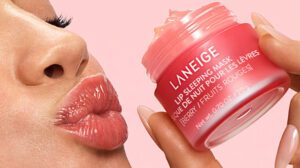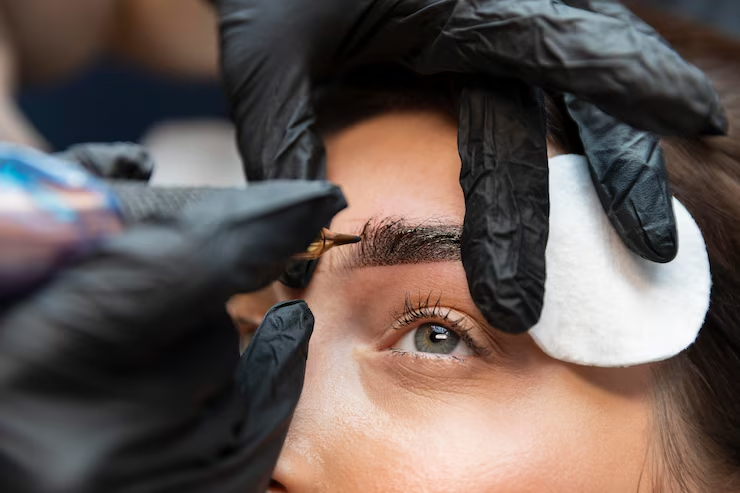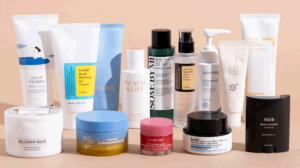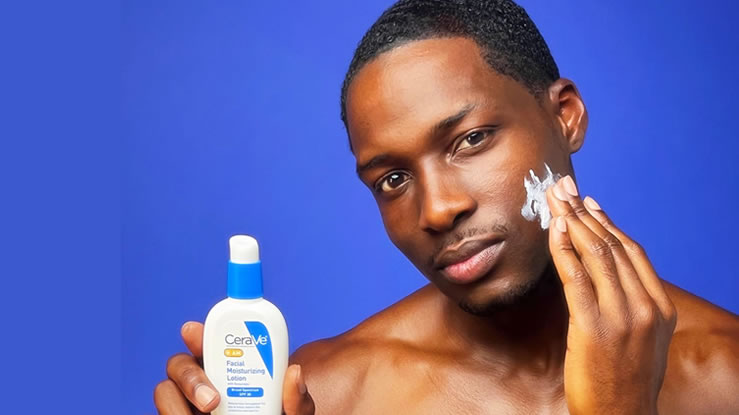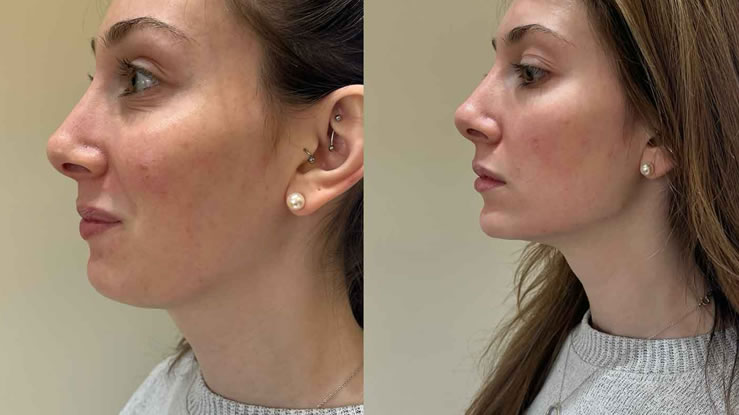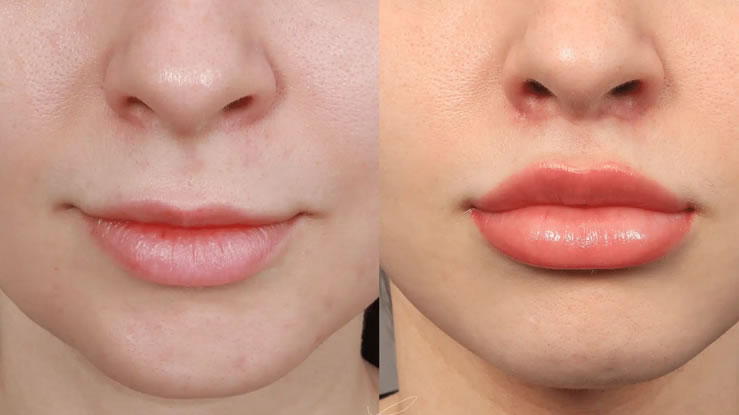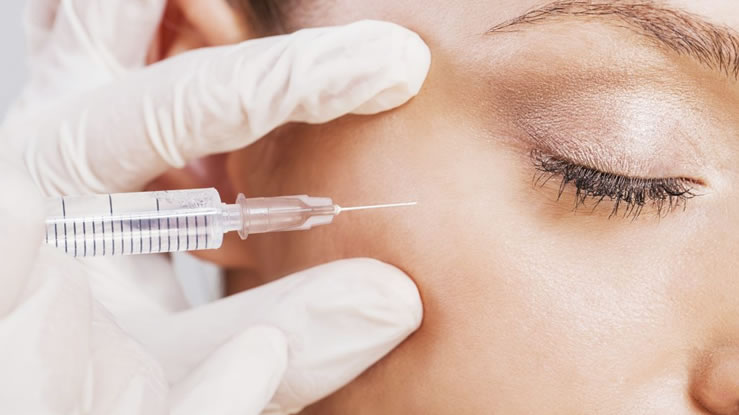In the ever evolving world of skincare, innovations are constantly emerging, some fleeting, others transformative. Among the most groundbreaking developments in recent years is the rise of exosome serum. Hailed as the next frontier in regenerative skincare, exosome-based products are gaining attention from dermatologists, aesthetic clinics, and skincare enthusiasts worldwide.
But what exactly is an exosome serum, and why is it creating so much buzz in the beauty industry? This article dives deep into the science, benefits, risks, and applications of exosome serum, and what you need to know before incorporating it into your routine.
What Are Exosomes?
Exosomes are tiny, extracellular vesicles (30-150 nanometers) released by cells that play a crucial role in cell-to-cell communication. They carry a rich cargo of growth factors, proteins, lipids, mRNA, and microRNA, biological materials that help regulate and repair damaged tissue.
Originally studied in medical research, particularly in oncology and neurology, exosomes have recently entered the cosmetic and aesthetic realm due to their potent regenerative capabilities.
Read Also>>>Is Fleava Hair Growth Serum a Legit Balding Solution?
How Are Exosomes Used in Skincare?
In skincare, exosomes are harvested from mesenchymal stem cells (usually human-derived from umbilical cord tissue or adipose tissue). Once extracted, these exosomes are incorporated into serums and creams designed to enhance skin regeneration, reduce inflammation, and support healing.
Unlike traditional growth factor serums, exosome products are more bioactive and can deliver their payload more efficiently to skin cells, improving overall skin function and appearance.
Key Benefits of Exosome Serum
1. Stimulates Collagen and Elastin Production
Exosome serums trigger fibroblast activity in the skin, encouraging the production of collagen and elastin, two proteins vital for youthful, plump skin. This makes them effective in reducing fine lines and wrinkles.
2. Accelerates Skin Healing
Thanks to their regenerative properties, exosomes support tissue repair and skin barrier restoration, making them ideal after cosmetic procedures like microneedling, laser treatments, and chemical peels.
3. Reduces Inflammation and Redness
Exosomes contain anti-inflammatory molecules that help soothe irritated or inflamed skin. This can be especially beneficial for people with acne, rosacea, or post-procedure sensitivity.
4. Brightens and Evens Out Skin Tone
By promoting cell turnover and suppressing melanin production, exosome serums can help reduce hyperpigmentation, sunspots, and uneven skin tone over time.
5. Improves Skin Texture and Hydration
Exosomes enhance the skin’s ability to retain moisture while smoothing out rough patches, resulting in a softer and more refined skin texture.
Who Should Use Exosome Serum?
Exosome serums are generally suitable for all skin types, including sensitive and acne-prone skin. They are particularly beneficial for:
-
Individuals with aging concerns (fine lines, sagging skin)
-
Post-procedure patients seeking faster recovery
-
People struggling with hyperpigmentation or dull skin
-
Those looking for long-term regenerative skincare solutions
Are Exosome Serums Safe?
So far, studies and clinical experiences indicate that exosome serums are well-tolerated with minimal side effects. However, safety largely depends on the source and processing of the exosomes.
It’s essential to purchase from reputable brands that use ethically sourced, lab-tested, and purified exosomes. Avoid products that make exaggerated claims without scientific backing or transparency.
How to Use Exosome Serum in Your Routine
Most exosome serums are applied after cleansing and toning, but before moisturizing. Here’s a basic usage guide:
-
Cleanse: Remove dirt, oil, and impurities from your skin.
-
Tone: Prep the skin with a gentle toner.
-
Apply Serum: Use a few drops of exosome serum and massage it evenly across your face and neck.
-
Moisturize: Lock in the serum with a suitable moisturizer.
-
Sunscreen (AM only): Protect the skin from UV damage to maximize results.
Exosome serums can be used daily or several times per week depending on the product instructions and your skin’s needs.
What Makes a Good Exosome Serum?
When choosing an exosome serum, look for the following features:
-
Source Transparency: Reputable brands disclose the origin of their stem cell-derived exosomes.
-
Clinical Testing: Products backed by clinical studies or dermatological testing offer more credibility.
-
Stability: Because exosomes are delicate, products must use effective delivery systems and be stored properly.
-
Complementary Ingredients: Look for serums that combine exosomes with peptides, niacinamide, or hyaluronic acid for added benefits.
Popular Exosome Serums in the Market
Some of the most talked-about exosome-based skincare products include:
-
BENEV Exosome Regenerative Complex: Often used post-microneedling, this medical-grade formula is widely trusted in aesthetic clinics.
-
AestheRx Exo|E Complex: Known for its full-spectrum exosome system that supports skin repair and rejuvenation.
-
AnteAGE MDX Exosome Solution: Developed by cell biologists, this serum is designed to accelerate healing and reduce inflammation.
-
Kimera Labs Exosomes: Often sold directly to dermatologists and medspas, these are used in combination with in-office treatments.
Can You Use Exosome Serum After Cosmetic Procedures?
Absolutely. In fact, one of the most common applications of exosome serum is as a post-treatment recovery booster. Whether it’s microneedling, laser resurfacing, or chemical peels, applying exosome serum can reduce downtime, decrease redness, and speed up healing.
Many medspas are now offering exosome therapy immediately following these procedures for enhanced results.
Risks and Considerations
While generally safe, users should be aware of the following:
-
Cost: Exosome serums are more expensive than traditional skincare products, often costing $150 to $400 per bottle.
-
Regulation: Because exosomes are biologically derived, the regulation around these products can be murky. Always vet the company and ask for third-party testing or clinical validation.
-
Allergies or Reactions: Though rare, it’s still possible to experience mild irritation or redness. Perform a patch test before full application.
The Science Behind Exosome Therapy in Skincare
Exosome skincare is rooted in regenerative medicine. Scientists have found that exosomes can:
-
Signal skin cells to regenerate and repair themselves
-
Modulate the immune system to reduce chronic inflammation
-
Enhance wound healing and tissue remodeling
-
Transfer genetic material that programs new cell behavior
This biomimetic action mimics the body’s natural healing process, making exosome skincare uniquely powerful compared to synthetic serums.
The Future of Exosome Skincare
Exosome skincare is still relatively new, but it shows incredible promise. With more clinical studies emerging and better formulations being developed, these products could redefine the way we approach anti-aging, skin recovery, and long-term skin health.
Expect to see more over-the-counter options, hybrid products (exosomes combined with peptides or retinoids), and in-office treatments incorporating exosome therapy for enhanced outcomes.
Exosome serums represent a cutting-edge advancement in the skincare world, offering remarkable regenerative and anti-aging benefits. While the science is still evolving, early results are promising, particularly in accelerating healing and rejuvenating tired or aging skin.
If you’re ready to invest in a powerful, science-backed product, an exosome serum might just be your skincare game-changer. Just be sure to choose a trustworthy brand and consult a dermatologist if you’re uncertain about how it fits into your regimen.

